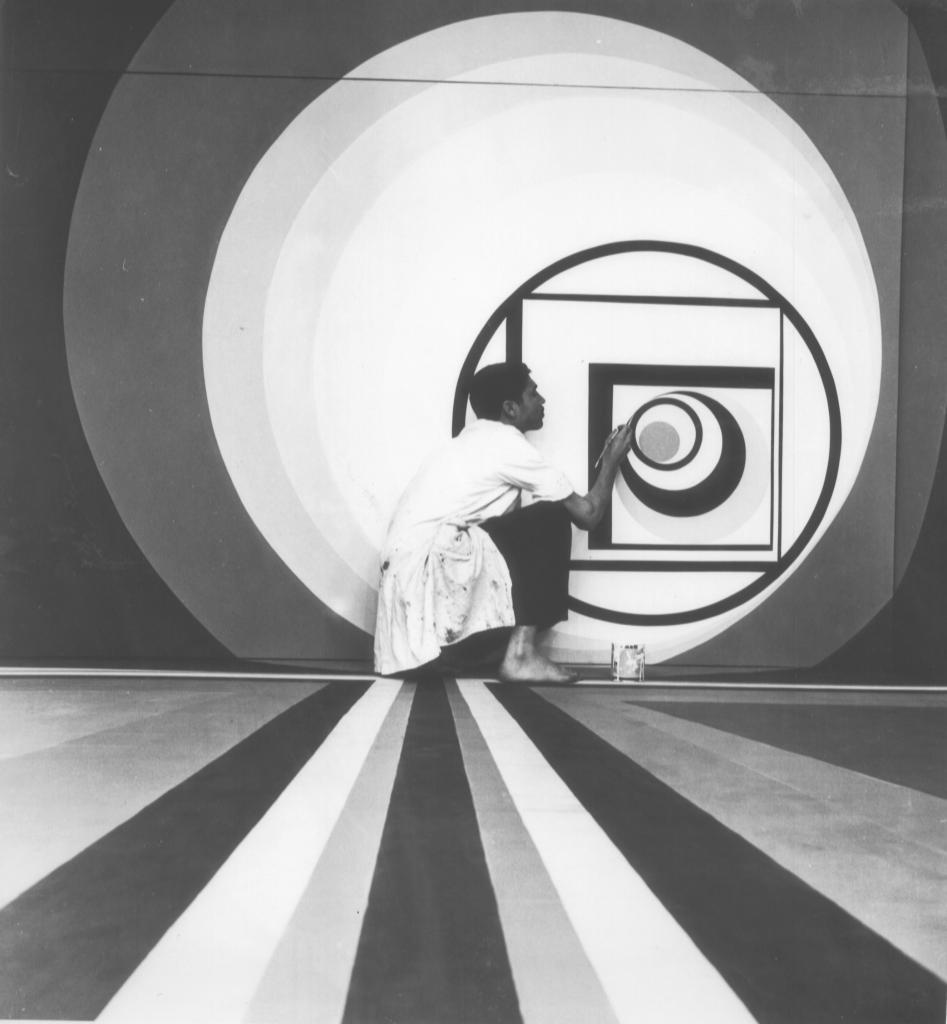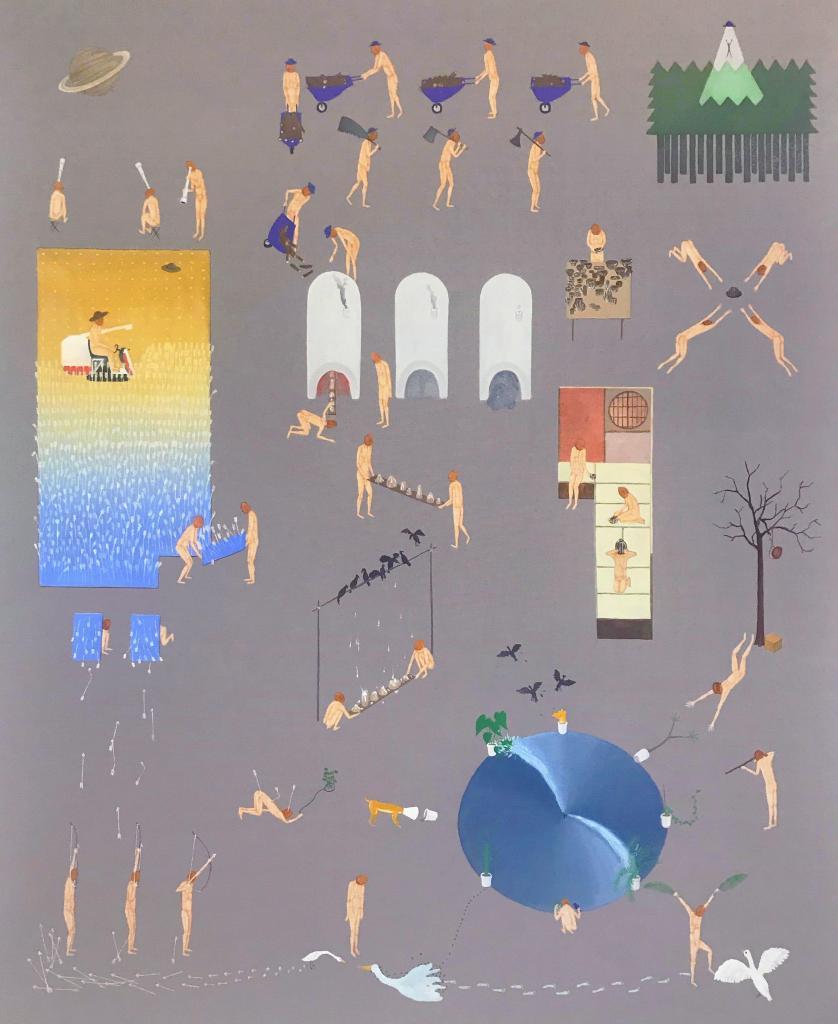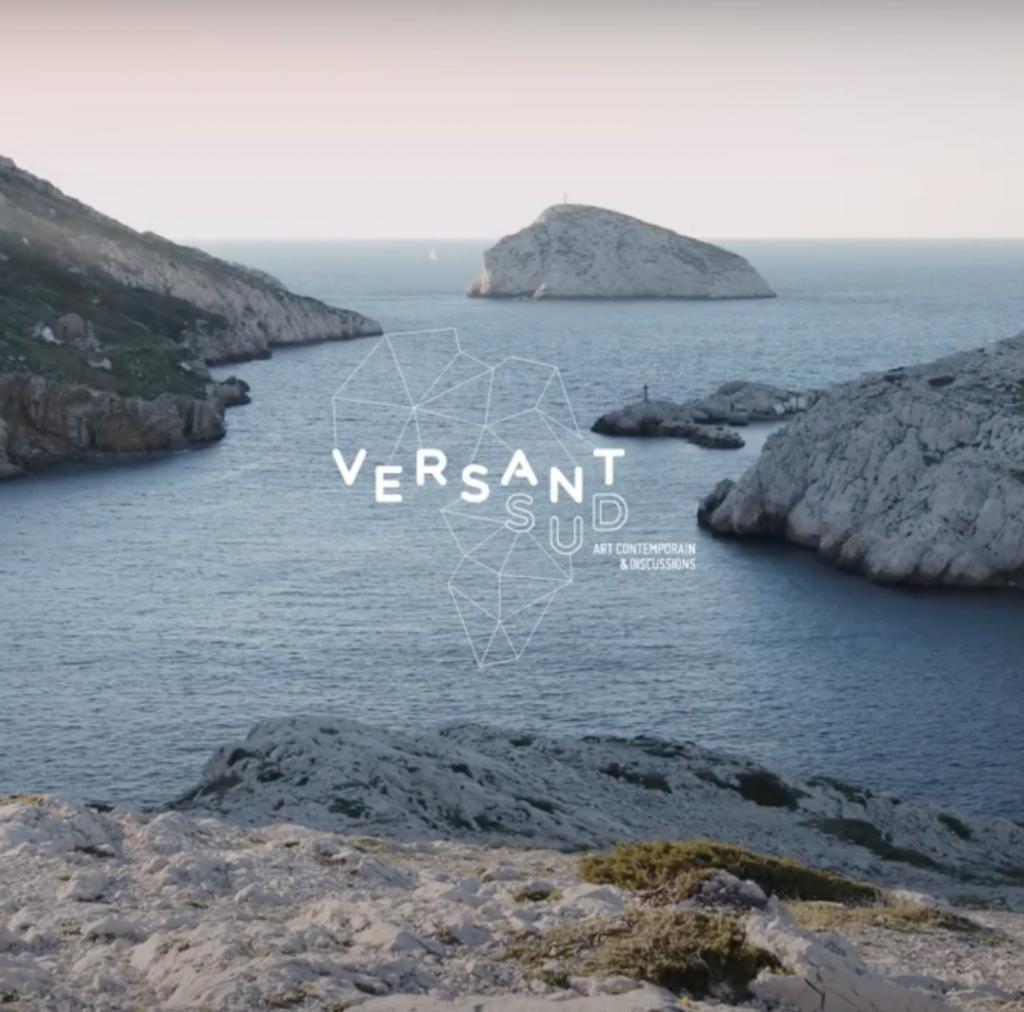Meet Meriem Berrada: Artistic Director Of The MACAAL
Artistic challenges and cultural management of a museum within an ecosystem

Artskop3437 talked with the artistic director of the MACAAL: Meriem Berrada. It was an opportunity to discuss the challenges of the profession and her vision of the museum. In her opinion, “Each museum should have the role offered by its territory, which its audiences need and respond to the realities of its ecosystem”.
Meriem Berrada, for those who don’t know you yet, what is your mission as Artistic Director of the Museum of African Contemporary Art Al-Maaden (MACAAL)?
As Managing Director of the cultural projects of the Alliances Foundation, I was first of all in charge of the development of the MACAAL through the elaboration of its scientific and cultural project. Since its opening in 2016, I have been in charge of the programming of exhibitions – sometimes their curating -, the content creation and the design of the mediation programme. I am also in charge of all the museum’s editions and publications since we do everything in-house. I also oversee the implementation of all these actions by managing the teams.
Also, my mission involves strategy and development in terms of communication but also the setting up of structuring programmes for MACAAL.
Can you tell us more about some of the projects you have put in place since the creation of MACAAL?
In 2017, I conceived the MACAAL Lab as a space for experimentation aimed at enhancing and raising awareness of contemporary practices: one room of the museum is specifically dedicated to the work of an artist whose practice includes the use of new media (sound, video, installation). This is accompanied by a programme of free workshops, in the presence of the artist, on the process of creation of the work, its realization and the use of new technologies in art.
More recently, we were able to implement a transmission project that I had at heart, the MACAAL Bootcamp. It is designed to strengthen the skills of cultural agents working specifically in the contemporary art sector on the continent. This intensive training programme was held for the first time last January. Combining workshops and masterclasses on the sector’s fundamental knowledge, led by mentors with inspiring backgrounds, this groundbreaking training in cultural management applied to the reality of our ecosystems will hopefully contribute to equipping our institutions with leaders and not mere operators.

How do you curate an exhibition? How do you decide what will or can be presented in the museum (themes, artistic practices, artists, geographies)?
With a biannual exhibition rhythm, our programming is inseparable from the age of the museum. While the first exhibitions aimed to anchor the MACAAL in its pan-African dimension, by showing the works in the patrons’ collection, the selection has gradually been narrowed down to “projects” in their own right, giving a special place to the commissioning of works. The opening of the MACAAL Residence has also made it possible to produce more works because, in addition to the four annual winners of the residency programme, we welcome the artists presented in the museum’s exhibitions.
“I am convinced that a project, equipment or any action must be relevant to the context in which it takes place. (…) The environment can offer unique opportunities for dialogue and knowledge, of which artistic creation is in my opinion one of the most relevant vehicles.
Meriem Berrada, Artistic Director of the MACAAL
We never self-impose a specific theme but remain in connection with our environment and current news, without distancing ourselves from the museum’s DNA. It is above all the project of a collector, of a family who wanted to make their collection available to the general public and it has always seemed important to me to keep this spirit in the accomplishment of my mission. For many audiences, the reality of contemporary African art was a discovery. Often reduced to a primitive and colourful figuration, it was necessary to show the diversity and quality of artistic expression and its various mediums, coming from the four corners of the continent (Essentiel Paysage, E-mois autobiography of a collection, Second Life), but also to make connections, particularly through the exhibition Esoteric Writings where the alphabet of Frédéric Bruly Bouabré (Ivory Coast) was able to dialogue with that of Houssein Miloudi (Morocco).
As well, generally the reopening exhibitions are more focused on the collection and our most recent acquisitions. For the February exhibitions, which we inaugurate at the 1:54 fair, we invite an independent curator who does not systematically rely on the existing collection.
Our exhibitions are multi-media, except for Africa is no island which was dedicated to photography and which was in itself a manifest exhibition because it invited to see Africa in its complexity and diversity and not as a homogeneous block.

Even before your position at the museum, you were in charge of various artistic projects within the Alliances Foundation, the foundation that initiated the creation of MACAAL. Among your many projects, we can mention the chambre claire, a programme to support emerging photographers from Africa, or the passerelle programme, which is a sort of cross-grant programme combining a cultural approach and a social centre through workshops to raise awareness of contemporary creation in peripheral urban areas. It seems that you have brought with you a certain vision of what a cultural engagement in a territory can be. What is your vision for MACAAL? How do you see the role of a Museum in the 21st century?
Indeed, I am convinced that a project, equipment or any action must be relevant to the context in which it takes place. As hostile as it may be, the environment can offer unique opportunities for dialogue and knowledge, of which artistic creation is in my opinion one of the most relevant vehicles.
Personally, I believe that our professions only make sense if we can show, appropriate and share this common heritage with the greatest number of people. Obviously the question of a contemporary art reserved for an elite is not the only issue of the continent but the cleavages are unfortunately more marked there than elsewhere, the conditions of accessibility largely improvable and go beyond the question of the cost or the geography of the cultural equipment. That is why it is essential, here more than elsewhere, to seek out the public and not simply wait for them to come to us.
The demand is there and I can tell you that in six years I have never faced the slightest refusal from the public to participate in a mediation program, a visit or a workshop, either at the museum or in the peri-urban areas where we have activated the Gateways program. In my opinion, the museum must be as inclusive as possible, obviously connected (especially for young people) and offer a diversified programme in order to optimise its attractiveness. But once again, each museum should have the role that its territory offers it, which its audiences need and respond to the realities of its ecosystem.

With numerous programs such as the bootcamp, the MACAAL Lab, workshops, artist residencies, film club, tea party, yoga festival, we witness that the Museum seems to position itself as a real place to live, more inclusive than other museums. It invites appropriation by all. Do you think this is the key to the future for museums?
I think that, despite everything, contemporary art continues to impress and that the main barrier to access to the Museum remains psychological. I would say that we have been working on the habit of consuming museum equipment in the lives of our visitors, inviting them to join us for any kind of occasion. For example, Couscous Friday’s is a monthly action that invites different communities-which we identify or who ask us for free visits-to share a dish synonymous with conviviality in the museum gardens. By bringing couscous into the museum, one desacralizes a place by living a weekly ritual while at the same time discovering the artistic creation of its time.
The importance that I give to territorial, local, national or continental anchoring, the specificities of the audiences are all parameters that do not allow us to apply existing models because they are simply not adapted to our realities (…).
Merriem Berrada, Artistic Director of the MACAAL
We remain primarily dedicated to the promotion of the continent’s contemporary art, but it seemed more relevant to us to make it a real living space, with the possibility of finding other centres of interest, perhaps more popular and therefore more accessible. We have taken the gamble that the so-called remote public or even those with little interest in contemporary art, by discovering the MACAAL through a free and festive occasion (concert, open-air cinema), a tea break, a yoga session, can integrate the museum into their consumption habits, firstly event-driven and finally cultural. This approach may not be applicable to all museum facilities but it seems certain to me that inclusion is an essential key.

Do you think that museums on the African continent should build their own models according to local realities and not on Western models? In other words, is a museum in Africa different from one elsewhere in the world?
I am convinced that here, more than elsewhere, we must create our own approaches, and I deliberately do not use the word “model”. This is what we have been doing from the outset at the Foundation and at MACAAL, whether through our programmes or our exhibitions. The importance that I give to territorial, local, national or continental anchoring, the specificities of the audiences are all parameters that do not allow us to apply existing models because they are simply not adapted to our realities and would only be counter-productive in the work of demystifying contemporary art, appropriation by the audiences, enhancement of the artistic scene etc.
For example, we have recently reviewed the LCC program offerings due to the paradigm shift in emerging photography in Africa. Indeed, when we created the program in 2013 there was no such approach and offering the production of a solo exhibition made sense. Today, applicants to the programme have often already exhibited, but they have more needs for strengthening, for feedback on their work, for networking and the solo show is no longer an end in itself. This is why we have chosen to support structuring initiatives.
I think it’s a real strength to be able to question models, to question everything, and thinking out of the box is part of the way we work. Today I realise that this room for manoeuvre is a luxury, because when I work with Western structures, I feel frustrated by the lack of flexibility of spirit that some professionals allow themselves. Sometimes it even seems counterproductive in our profession, as it can neutralise creativity.

This is no longer a scoop, since the arrival of Covid-19, the artistic sector has been strongly impacted. Also forcing cultural institutions to imagine new ways of staying in touch with their audiences. How is MACAAL dealing with this situation? What lessons could be learned from this experience?
For the moment, we are experiencing it a little like everyone else: virtually above all. So we are maximizing content development, accessibility and trying to understand its impact through digital.
There are big questions today, but I am afraid that we cannot draw any conclusions at the moment because we do not know when we will be able to reopen our doors or under what conditions. The digital alternative makes it possible to continue to exist but it does not feed into the value chain in a sustainable way. It is certain that the fact that we have reduced our horizons to the walls of our homes can only make us question the relevance of what we thought was essential. Today, deprived of these possibilities, we need to rethink our way of doing things. To sum up, I would go towards a less frenetic pace and more reinforcement.




